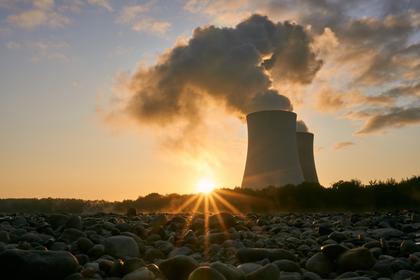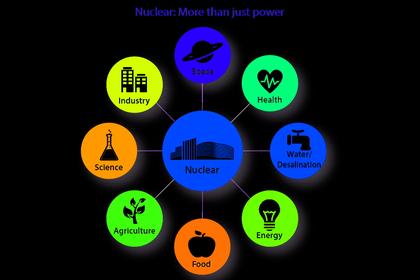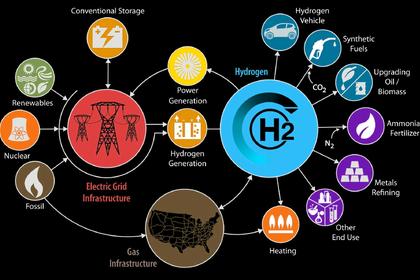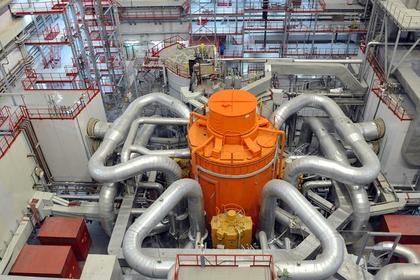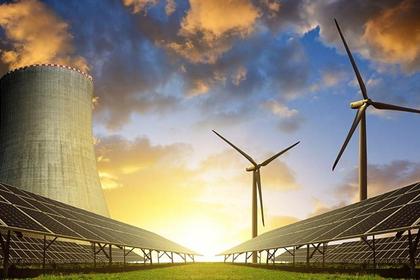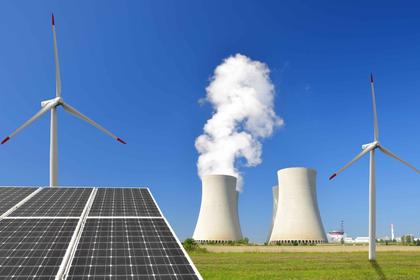
U.S. NUCLEAR INVESTMENT $1.35 BLN
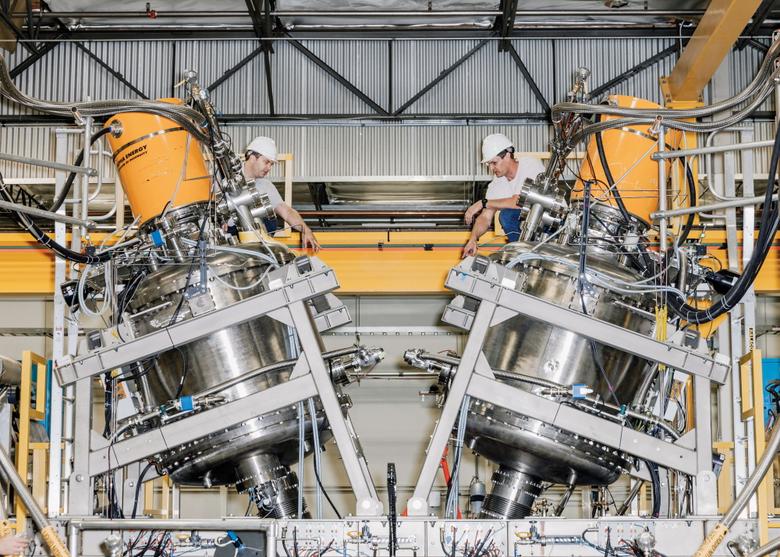
REUTERS - OCTOBER 16, 2020 - The U.S. Department of Energy on Friday approved $1.35 billion over 10 years for the building of the first U.S. small-scale nuclear power project, a boost to a technology struggling with cost overruns and delays, but which depends on congressional appropriations.
The award was announced by the Utah Associated Municipal Power Systems (UAMPS) a consortium of cities, many of which would buy power generated by NuScale Power LLC’s project.
The DOE has pumped about $280 million since 2013 into the project involving 12 small reactors, slated to be built at its Idaho National Laboratory site.
The U.S. Department of Energy on Friday approved $1.35 billion over 10 years for the building of the first U.S. small-scale nuclear power project, a boost to a technology struggling with cost overruns and delays, but which depends on congressional appropriations.
The award was announced by the Utah Associated Municipal Power Systems (UAMPS) a consortium of cities, many of which would buy power generated by NuScale Power LLC’s project.
The DOE has pumped about $280 million since 2013 into the project involving 12 small reactors, slated to be built at its Idaho National Laboratory site.
More than 30 UAMPS members have until Oct. 31 to decide whether to stick with the project. The consortium earlier this year pushed back the project’s commercial operation date to 2030 from 2026 to provide more time for public input.
Combined, cities have committed to buying about 200 megawatts of the project’s planned 720 megawatts of power.
The DOE award could prompt other public power associations and private utilities to sign power purchase agreements that could give the project additional momentum, Webb said.
-----
Earlier:
